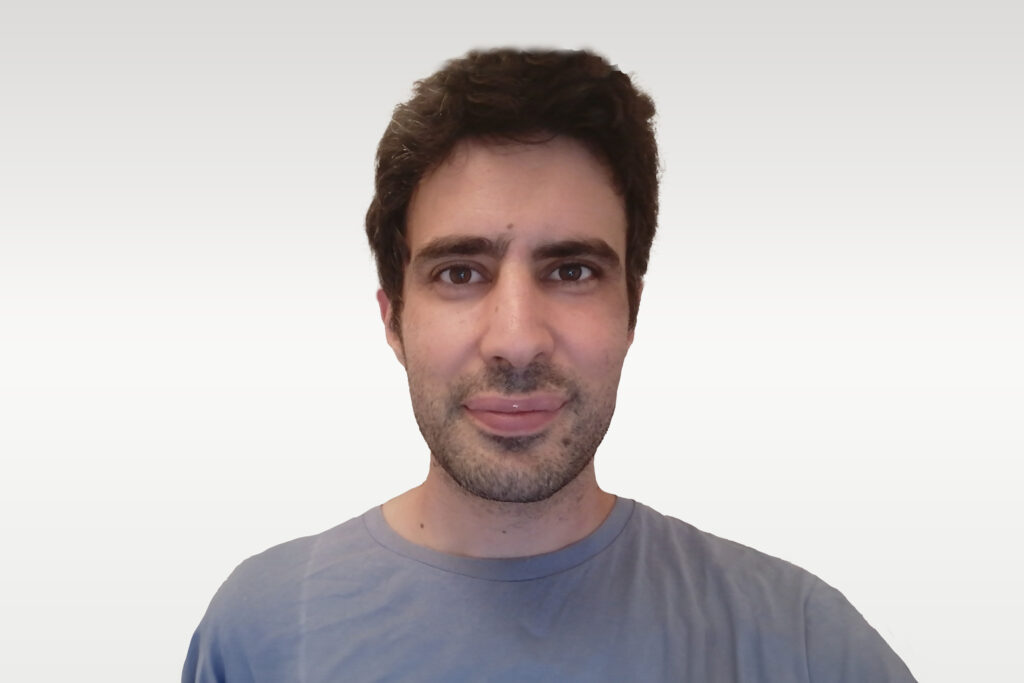The brainers

Joël Sebban – Historian
Joël Sebban is a historian specializing in the analysis of secularization processes in France and North America, as well as inter-religious relations. A student at the Ecole Normale Supérieure, agrégé in history and former post-doctoral fellow at Harvard University, his first book, based on his doctoral thesis, will be published in January by Belin-Passés Composés: “L’invention de la ‘ civilisation judéo-chrétienne ’ . The nation-state and the emancipation of Jews in France from the French Revolution to Vichy”. Contrary to the “clash of civilizations” theory, which postulates the religious essence of Western modernity, he argues that religious communities have had to rethink their own traditions in the light of their anchorage in modern nation-states, separating religion and politics.
This brainer takes part in round-table discussions, offers improvisation sessions and the following solo talks:
How does chance influence human history?
Chance is as much a factor in the unfolding of events as in our knowledge of the past. Think of what our knowledge of ancient Egypt would be without the soldier who, by chance, discovered a piece of stone during Napoleon's campaign in 1799, enabling Jean-François Champollion to decipher the hieroglyphs. Yet historians have long been wary of chance. In the 19th century, the discipline of history was founded as a science on the knowledge of so-called “positive” facts whose origin was absolutely certain, detached from all contingency. More modern generations of historians have tried to give chance its rightful place, even to the point of writing its history and grasping that part of immateriality, of randomness, which we designate by a term borrowed from Arabic, originally meaning a game of dice and, by extension, a “Science of chance”.